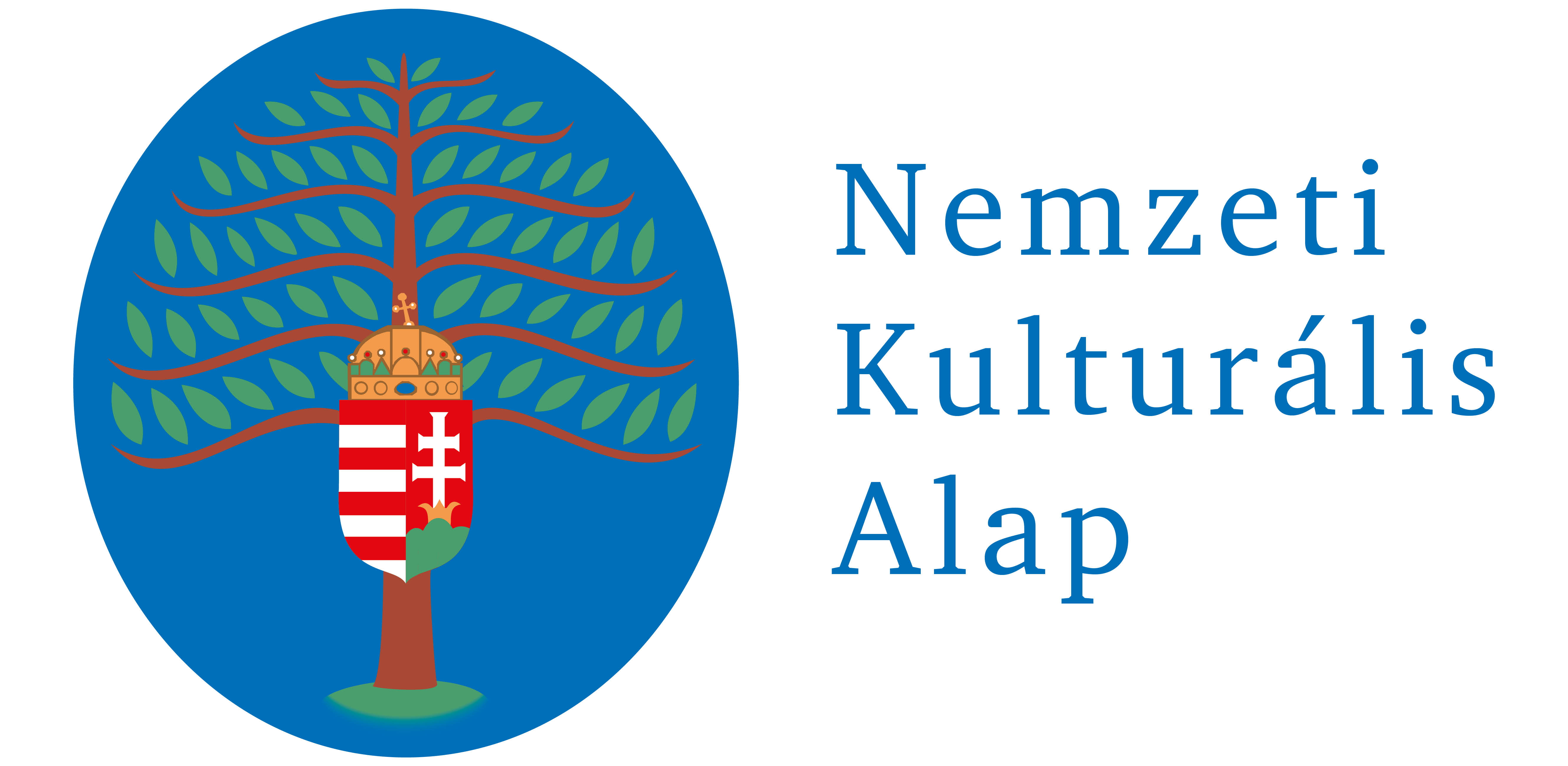Naptár
2024. április 15–19.
2024. április 20.
Eötvös József Kárpát-medencei középiskolai szónokverseny
2024. április 24. – május 3.
Tovább...
4. 2020.
Abstracts in English
Studies
Jani-Demetriou, Bernadett
Categories and social meanings: The analysis of Roma students’ speech modes based on the theory of heteroglossia
This study investigates the speech modes of children who identify themselves as bilingual Roma. The analysis is based on the theory of heteroglossia (Bakhtin 1986) where the speaker’s perspective is emphasized. The focus in the present analysis is identifying the language ideologies of the teachers along which the children’s bilingualism is interpreted, how social environment shapes the (bilingual) utterances, and what social meanings are indicated by the speakers’ linguistic resources. Through the analysis of the voices, it is possible to recognize the individuals’ culturally determined identities that are also displayed in the interactions. The data collection (observation and teacher interviews) has focused on the tensions in teacher-student interactions (Hong et al. 2017). Tensions in the interactions indicate the language ideologies already existing in the community whose evolution also influences the children’s learning; the way their teachers see them has an impact on the selection of pedagogical devices for the support of children’s learning.
Pankovics, Gergő
The mutual determination of verbs and their arguments in language use
According to theoretical literature, the meaning of verbs determines the role of their arguments in the sentence. Arguments however, clarify which meaning of the verbs with multiple meanings need to be understood. This study presents the results of an online test which show what semantic features of the arguments are determined by verbs and what thematic role this makes the argument suitable for. It also highlights the semantic differences between the arguments of verbs with multiple meanings. Results of the investigation prove that the meaning of verbs determines the meaning of their arguments also in language use and the arguments clarify which meaning of the verbs with multiple meanings is present in the sentence. The study discusses pedagogical aspects, and it also promotes the teaching of the meaning of verbs, argument structure as well as the relationship between material and abstract reality at school.
Workshop
Imrényi, András
Instructive metaphors for teaching syntax
The paper gives an overview of instructive metaphors that may be adopted for the purpose of teaching syntax in the L1 classroom. In line with cognitive linguistics, it is assumed that the understanding of abstract target domains such as sentence structure has a metaphorical basis, crucially relying on the activation of more concrete source domains. The paper first discusses metaphors supporting a dependency grammatical conception of sentences. These include Tesnière’s view of the sentence as a theatrical performance and Brassai’s construal of sentences as feudal societies or solar systems. Finally, the paper also touches on the building block metaphor as a metaphorical basis for phrase structure grammars. It is suggested that for offering students a coherent picture of sentences, it is necessary to be mindful of the different metaphorical source domains and therefore (at least partially) incompatible assumptions associated with dependency- and constituency-based approaches.
Fésű, Anna Magdolna
The struggle of the Papacy and the Empire – the conceptual terminology transformation in a textbook series
This research investigates the construction of the concept of two selected historic leading positions (pope and emperor) in a history textbook series through the text analysis of two textbooks. The fundamental questions are whether due to the context there is a definition of the terms with a term value; how the two concepts are built up for the students at a textual level in the high school textbooks; and what further concepts support the process of this terminology transformation. The theoretical framework of this study is functional cognitive linguistics which provides a dynamic model for the analysis. The analysis of the construction of the chosen terms is based on a corpus. The corpus contains text parts that are directly related to the positions. In addition, the study illustrates the conceptual links appearing at the textual level visually, in the form of a conceptual network.














